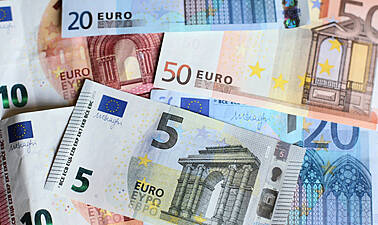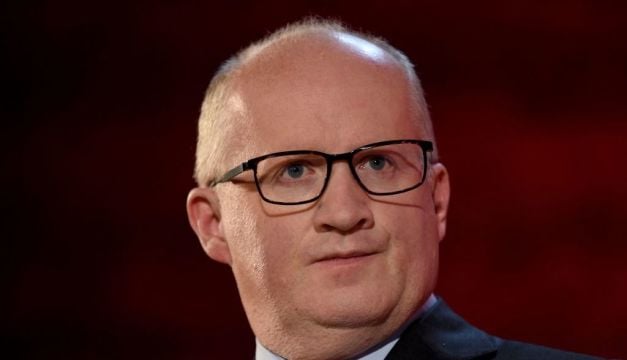The European Central Bank is likely to increase its interest rates further in the coming months to fight high inflation in the euro zone even if there are some signs that price pressures are easing, the ECB's chief economist has said.
Philip Lane's words are likely to cement investor expectations for more ECB hikes after March – which investors have been betting on for weeks amid stronger data and hints from other policymakers.
"The current information on underlying inflation pressures suggests that it will be appropriate to raise rates further beyond our March meeting," the former governor of the Central Bank of Ireland added.
The ECB has effectively pre-announced another 50-basis-point increase at March 16th meeting, when it is also expected to give some guidance about future moves.
Investors expect the central bank for the 20 countries that share the euro to increase the rate it pays on bank deposits from 2.5 per cent currently to 4 per cent by the end of the year.
Lane said the "calibration" of future rate hikes will depend on the ECB's new economic forecasts, which come out next week, and on incoming data.

He flagged easing price pressures from raw materials, economic activity and supply bottlenecks, partly offset by food and labour costs.
"The heatmap suggests still strong inflationary pressures, but some signs of easing are emerging," Lane said.
He expected wage growth to drive core inflation this year, with 4 to 5 per cent salary increases "plausible", as workers try to catch up with the higher prices.
On the flipside, he expected corporate margins, which have been boosted by constrained capacity and pent-up demand after the Covid-19 pandemic, to come down, "translating into lower inflationary pressures".







